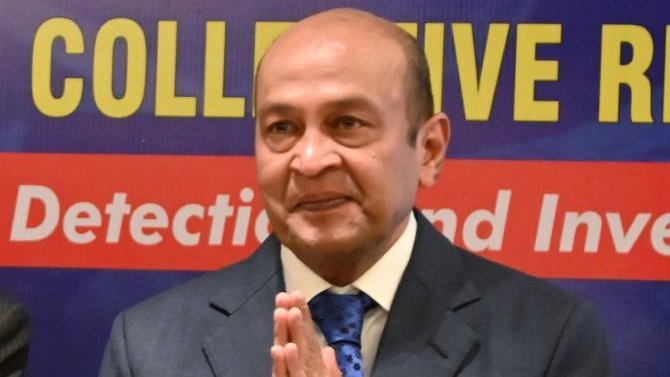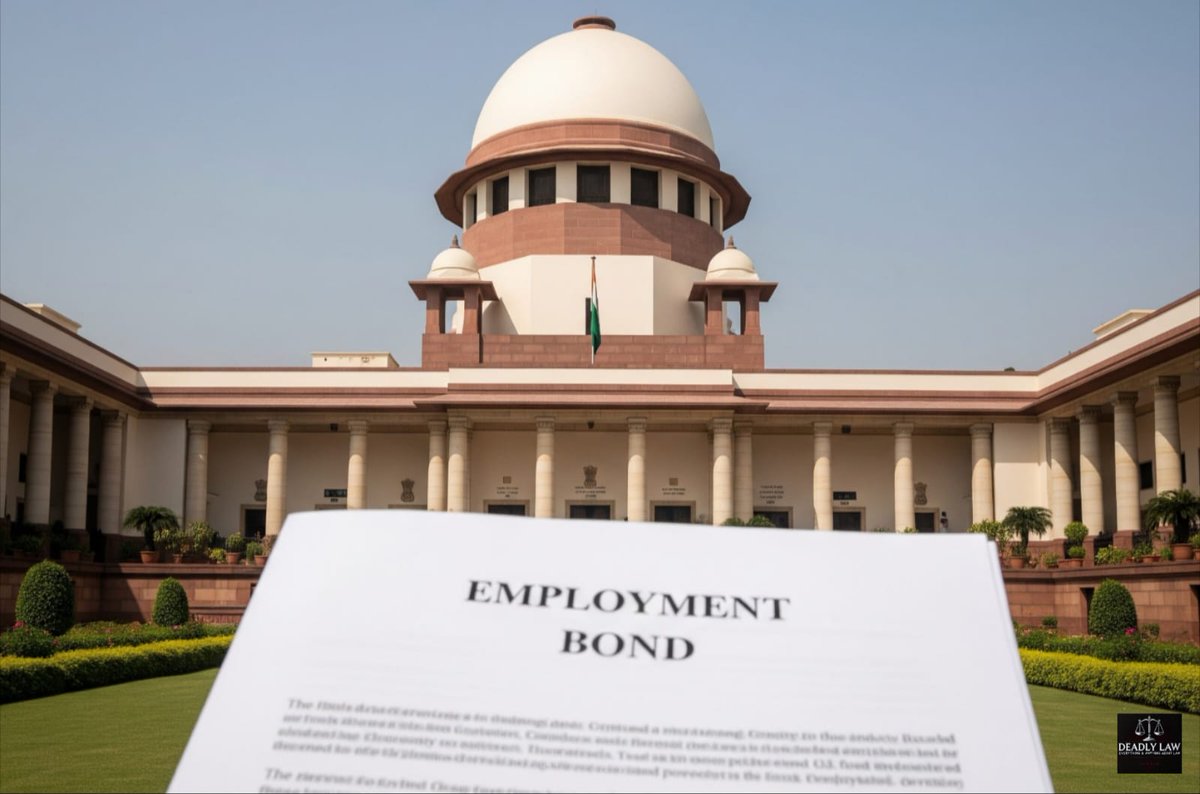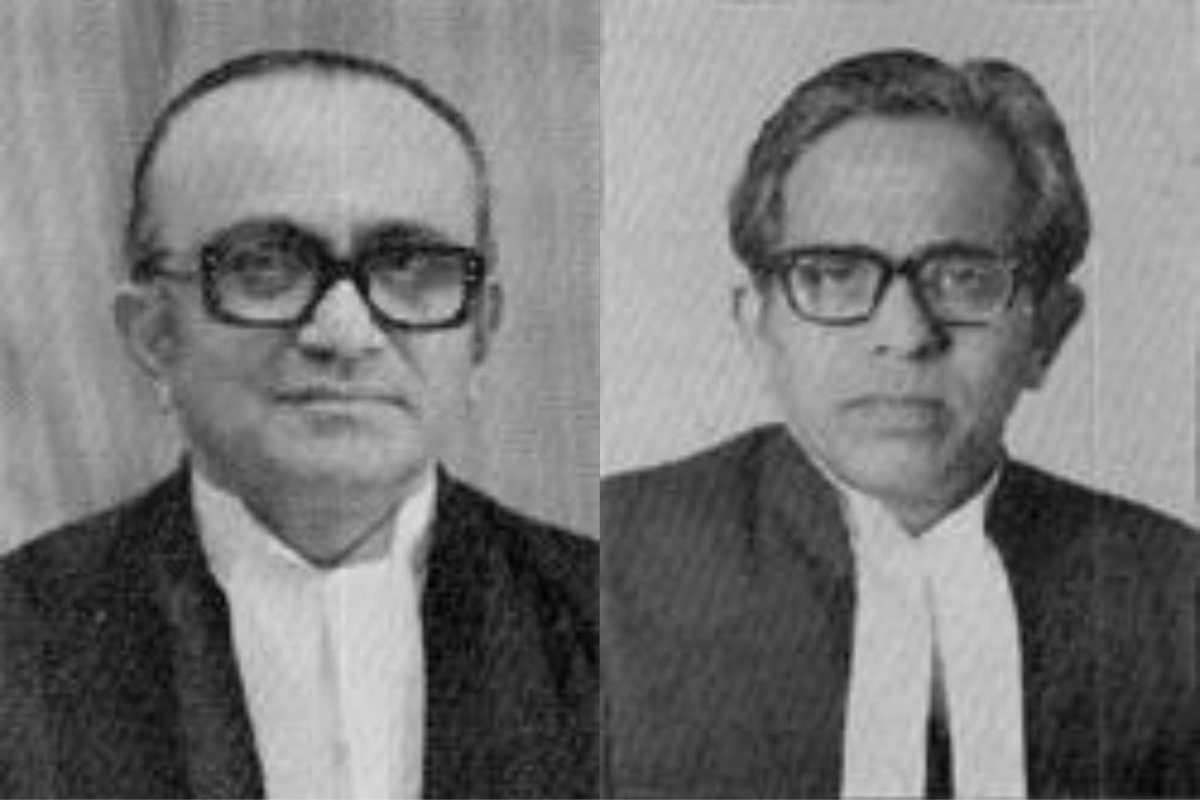Imagine waking up to find out you're running a business in another state. Except you've never left your city.
Vilas Prabhakar Lad, a 51-year-old shopkeeper from Mumbai, lived this nightmare.
What followed was five years of silence, shrugging, and sheer state and police apathy.
Vilas Prabhakar Lad, a 51-year-old shopkeeper from Mumbai, lived this nightmare.
What followed was five years of silence, shrugging, and sheer state and police apathy.
It began with a rent notice from Rajkot. Vilas had never been there. He thought it was a mistake. But then came a legal notice for a bounced cheque worth ₹13.8 lakh. Then another. And another.
A fake business, Metro International Trading Company, was operating in his name.
A fake business, Metro International Trading Company, was operating in his name.
Someone had cloned his Aadhaar and PAN. Got a GST registration. Opened a bank account. Took loans. Issued cheques. Defaulted.
And at every step of this fraud, official documents bore his name but someone else’s photo.
But the state didn't flinch.
And at every step of this fraud, official documents bore his name but someone else’s photo.
But the state didn't flinch.
Vilas complained to everyone, Mumbai Police, Gujarat Police, UIDAI, Income Tax Dept, Union Bank, GST officials.
No FIRs were filed. No one took action.
He was told to go to Gujarat. He was told it wasn’t their jurisdiction. He was told to just… wait.
No FIRs were filed. No one took action.
He was told to go to Gujarat. He was told it wasn’t their jurisdiction. He was told to just… wait.
For five years, this man who runs a tiny shop to make ends meet was made to fight criminal trials, respond to tax notices, and beg departments to even acknowledge the fraud.
Every door he knocked on either ghosted him or blamed the next one.
Every door he knocked on either ghosted him or blamed the next one.
Finally, he reached the Bombay High Court.
And the Court unleashed hell on the system.
It called out each respondent, UIDAI, the bank, GST authorities, IT department, for five years of paralysis.
Not a single authority filed an FIR despite knowing the fraud.
And the Court unleashed hell on the system.
It called out each respondent, UIDAI, the bank, GST authorities, IT department, for five years of paralysis.
Not a single authority filed an FIR despite knowing the fraud.
The Court was clear this wasn't just one agency’s fault. It was a total system failure.
A failure to authenticate. A failure to act. A failure to protect.
And a chilling reminder of what it means when your identity gets stolen in India:
You pay for someone else’s crime.
A failure to authenticate. A failure to act. A failure to protect.
And a chilling reminder of what it means when your identity gets stolen in India:
You pay for someone else’s crime.
The bank said they verified “KYC documents.”
UIDAI said they couldn’t reissue Aadhaar.
The Income Tax department didn’t even bother to show up in Court.
Kafka would’ve taken notes.
UIDAI said they couldn’t reissue Aadhaar.
The Income Tax department didn’t even bother to show up in Court.
Kafka would’ve taken notes.
The judgment ends with a warning.
That this cannot happen again.
That accountability must be fixed.
That five years of silence from the system isn’t just inefficiency, it’s injustice.
But let’s be honest, will they listen?
That this cannot happen again.
That accountability must be fixed.
That five years of silence from the system isn’t just inefficiency, it’s injustice.
But let’s be honest, will they listen?
Vilas fought because he had no choice.
He could’ve let the fraud consume him. But he didn’t. He stood up, alone, against an entire chain of sleeping institutions.
This wasn’t just identity theft. He was literally, robbed.
He could’ve let the fraud consume him. But he didn’t. He stood up, alone, against an entire chain of sleeping institutions.
This wasn’t just identity theft. He was literally, robbed.
• • •
Missing some Tweet in this thread? You can try to
force a refresh







